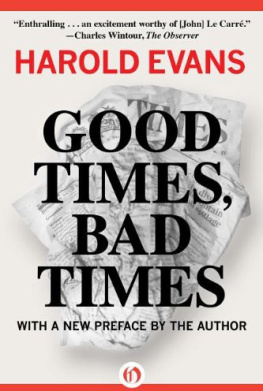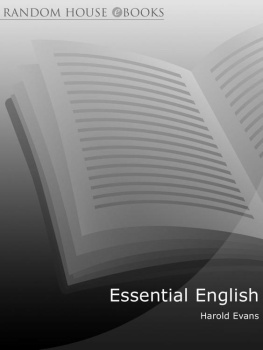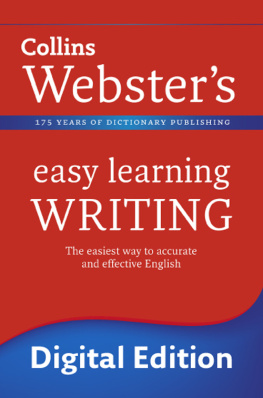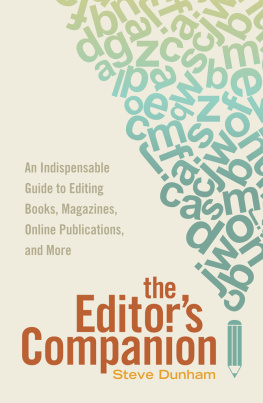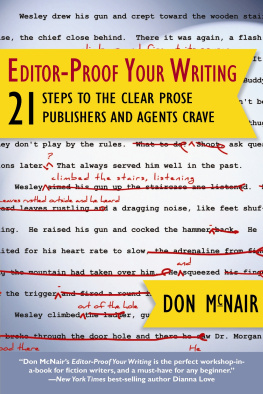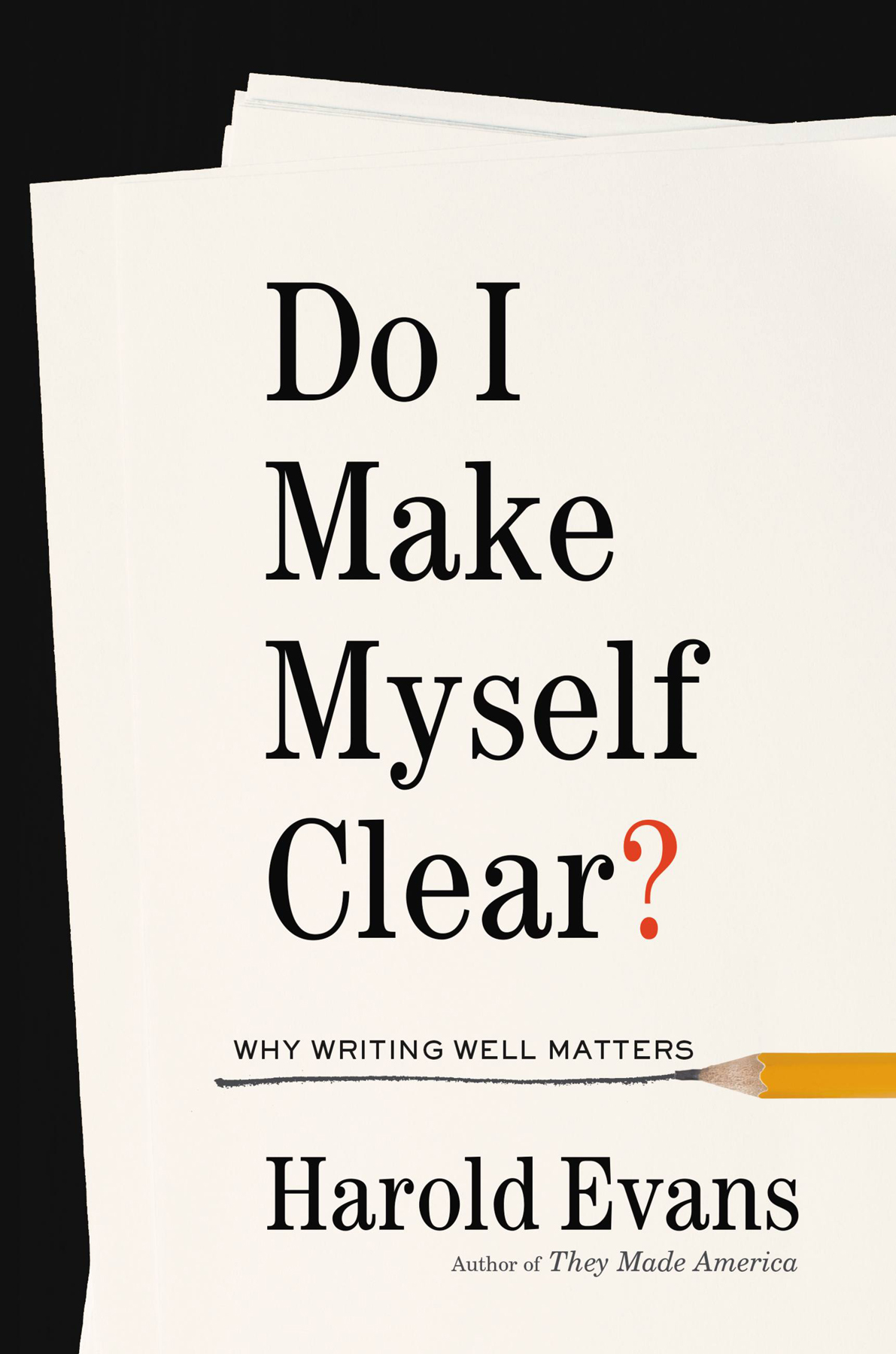Thank you for buying this ebook, published by HachetteDigital.
To receive special offers, bonus content, and news about ourlatest ebooks and apps, sign up for our newsletters.
Copyright 2017 by Harold Evans Associates LLC
Cover design by Kimberly Glyder Design; art by Shuttercock
Author photograph by Jason Bell
Cover copyright 2017 Hachette Book Group, Inc.
Hachette Book Group supports the right to free expression and the value of copyright. The purpose of copyright is to encourage writers and artists to produce the creative works that enrich our culture.
The scanning, uploading, and distribution of this book without permission is a theft of the authors intellectual property. If you would like permission to use material from the book (other than for review purposes), please contact permissions@hbgusa.com. Thank you for your support of the authors rights.
Little, Brown and Company
Hachette Book Group
1290 Avenue of the Americas, New York, NY 10104
littlebrown.com
twitter.com/littlebrown
facebook.com/littlebrownandcompany
First ebook edition: May 2017
Little, Brown and Company is a division of Hachette Book Group, Inc. The Little, Brown name and logo are trademarks of Hachette Book Group, Inc.
The publisher is not responsible for websites (or their content) that are not owned by the publisher.
The Hachette Speakers Bureau provides a wide range of authors for speaking events. To find out more, go to hachettespeakersbureau.com or call (866) 376-6591.
ISBN 978-0-316-43230-6
E3-20170405-JV-PC
My Paper Chase: True Stories of Vanished Times
They Made America: From the Steam Engine to the Search Engine; Two Centuries of Innovators
(with Gail Buckland and David Lefer)
War Stories: Reporting in the Time of Conflict from the Crimea to Iraq
The BBC Reports: On America, Its Allies and Enemies, and the Counterattack on Terrorism
(BBC Corporation and Harold Evans)
The Index Lecture: View from Ground Zero
(lecture prepared for the Hay-on-Wye Festival)
The American Century
(with Kevin Baker and Gail Buckland)
Good Times, Bad Times
Eyewitness
Suffer the Children: The Story of Thalidomide (with the Sunday Times Insight Team)
We Learned to Ski (with Brian Jackman and Mark Ottaway)
The Freedom of the Press: The Half Free Press
(with Katharine Graham and Lord Windlesham)
Editing and Design (five volumes: Essential English, Newspaper Design, Text Typography, Newspaper Headlines, and Pictures on a Page, with Edwin Taylor)
The Active Newsroom (with the International Press Institute)
To the memory of the brilliant Robert Silver,
our familys lost friend
Fog everywhere. Fog up the river, where it flows among green aits and meadows; fog down the river, where it rolls defiled among the tiers of shipping and the waterside pollutions of a great (and dirty) city. Fog on the Essex marshes, fog on the Kentish heights. Fog creeping into the cabooses of collier-brigs; fog lying out on the yards, and hovering in the rigging of great ships; fog drooping on the gunwales of barges and small boats. Fog in the eyes and throats of ancient Greenwich pensioners, wheezing by the firesides of their wards; fog in the stem and bowl of the afternoon pipe of the wrathful skipper, down in his close cabin; fog cruelly pinching the toes and fingers of his shivering little prentice boy on deck. Chance people on the bridges peeping over the parapets into a nether sky of fog, with fog all round them, as if they were up in a balloon, and hanging in the misty clouds.
Charles Dickens, Bleak House
The year 2016 was the seventieth anniversary of George Orwells classic polemic Politics and the English Language (1946) indicting bad English for corrupting thought and slovenly thought for corrupting language. The creator of Newspeak, as he called the fictional language of his nightmarish dystopia, Oceania, did as much as any man to rescue us, but eternal vigilance is the price of intelligent literacy. For all its benefits, the digital era Orwell never glimpsed has had unfortunate effects, not least making it easier to obliterate the English language by carpet-bombing us with the bloated extravaganzas of marketing mumbo-jumbo.
Words have consequences. The bursting of the housing bubble that led to the Great Recession revealed that millions had signed agreements they hadnt understood or had given up reading for fear of being impaled on a lien. But as the book and movie The Big Short make clear, the malefactors of the Great Recession hadnt understood what they were doing either. This book on clear writing is as concerned with how words confuse and mislead, with or without malice aforethought, as it is with literary expression: in misunderstood mortgages; in the serpentine language of Social Security; in commands too vague for life-and-death military actions; in insurance policies that dont cover what the buyers believe they cover; in instructions that dont instruct; in warranties that prove worthless; in political campaigns erected on a tower of untruths.
Fog everywhere. Fog online and in print, fog exhaled in television studios where time is anyway too short for truth. Fog in the Wall Street executive suites. Fog in the regulating agencies that couldnt see the signals flashing danger in shadow banking. Fog in the evasions in Flint, Michigan, while its citizens drank poisoned water. Fog in the ivory towers where the arbiters of academia all over the world are conned into publishing volumes of computer-generated garbage. Fog machines in Madison Avenue offices where marketers invent dictionaries of fluff so that a swimming cap is sold as a hair management system.there mud and mire too deep, never come there bureaucratic waffle so gross as to withstand the clean invigorating wind of a sound English sentence.
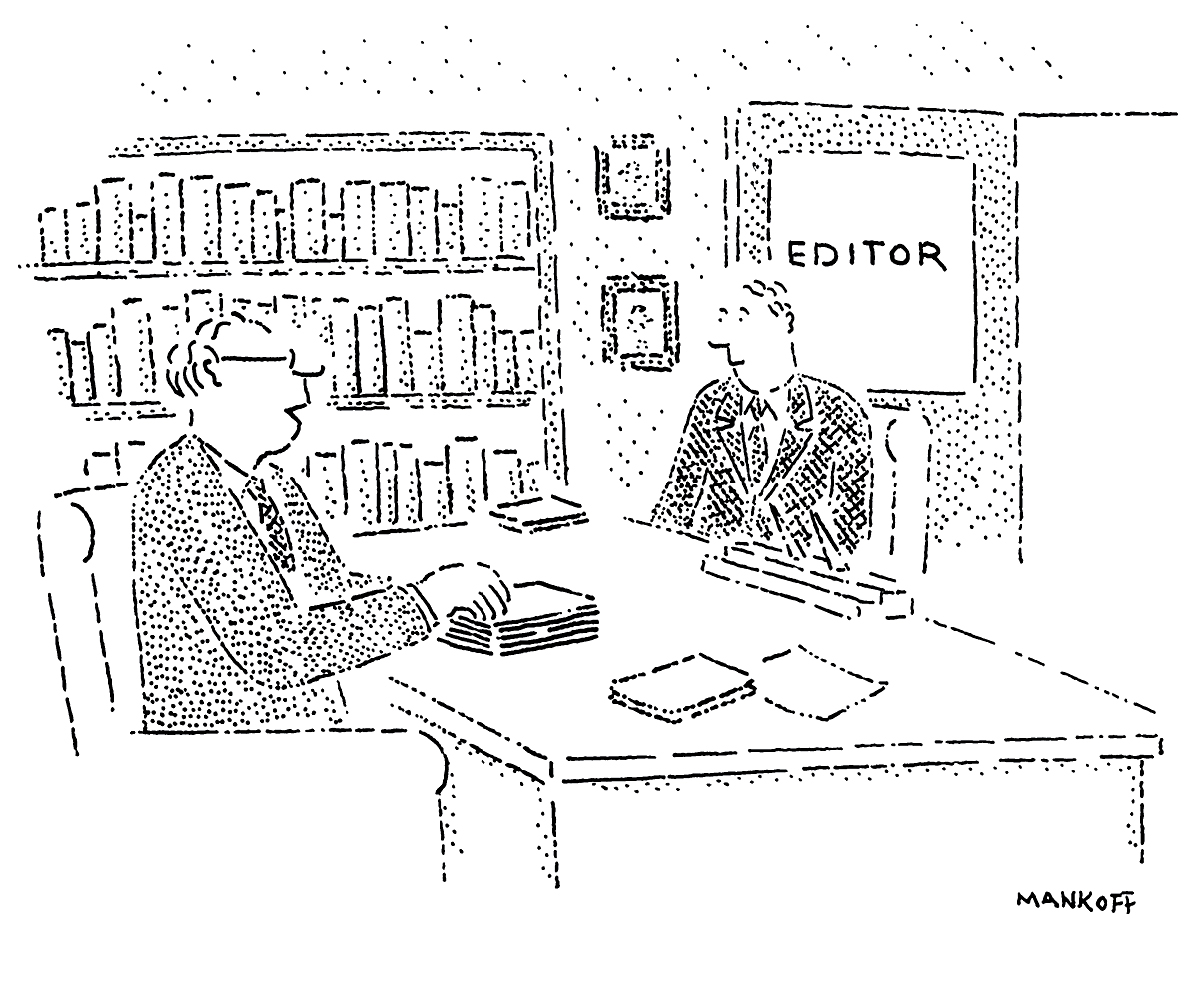
I like itits wonderfully editable.
Winston Churchill had problems talking to a table. His teachers at Harrow told him that the Latin word for table was mensa but if he wanted to invoke the thought of a tableaddress a table in the vocative casehe could not just blurt out the word. He must do as the Romans did and write or say, O mensa. To Churchills straightforward English way of thinking about such matters, it seemed absolute rigmarole to muck about with a good solid noun. He was further dismayed to learn it was not even permissible to talk about a table without changing its identity to mensae. Give these Romans an inch, and theyd take a passus.
In his captivating memoir My Early Life,


